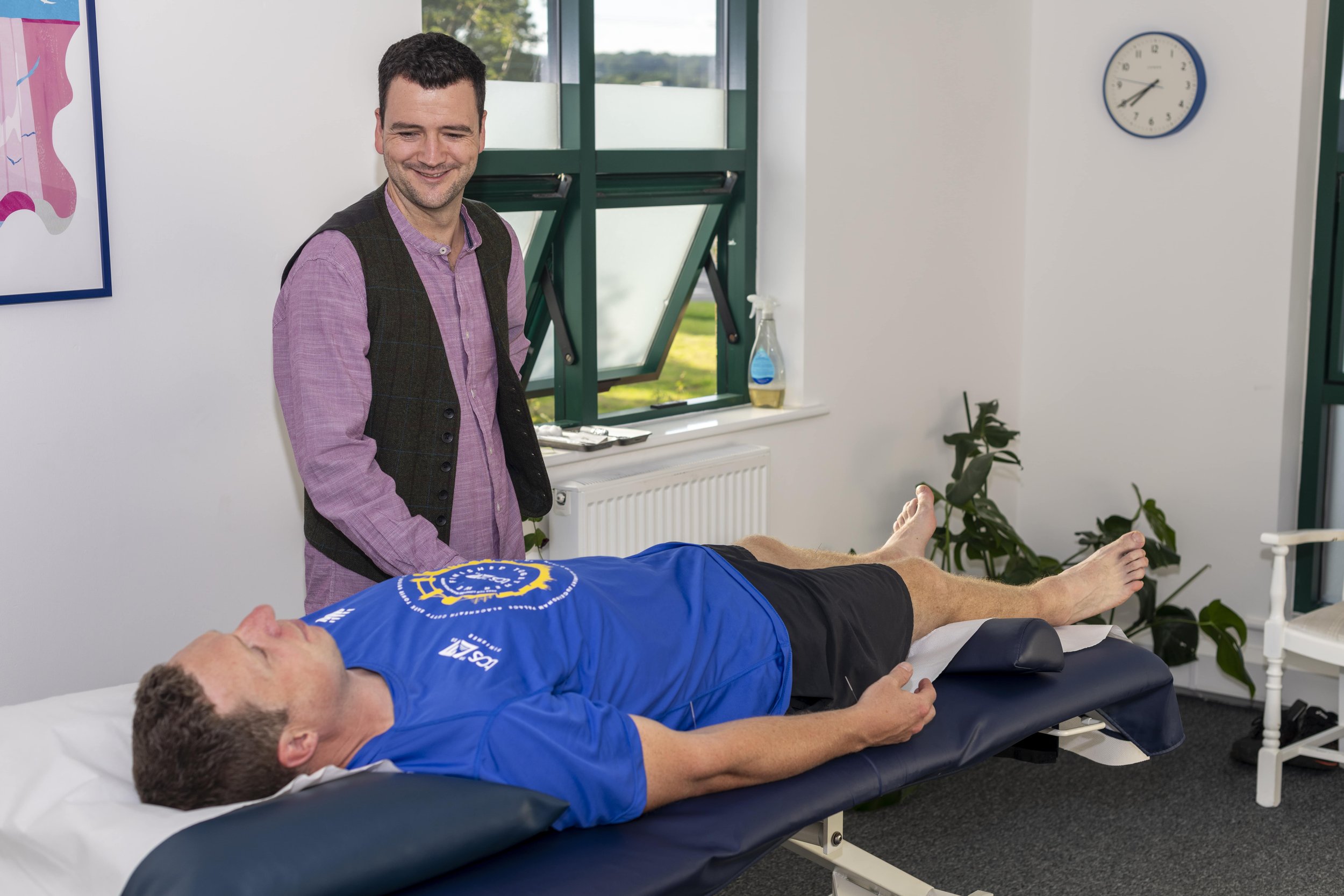Acupuncture for Neurodiversity
Our minds are as unique as our fingerprints. Within the rich tapestry of humanity, neurodiversity showcases the individuality of our thinking. It reflects a continuum of brain functioning.
This can be seen through how we see the world, our strengths and the challenges that we may face. Neurodiversity encompasses conditions like autism, ADHD, and Tourette's syndrome. Still, these should not be viewed as disorders needing "fixed" or "cured." Instead, there are different ways to understand how an individual's brain processes information, and there is no "right" or "wrong" way.
Over the years, our knowledge of neurodiversity has deepened. This has resulted in more people wanting to find answers to why they feel different. Often, receiving a diagnosis provides an opportunity for understanding and acceptance. Realising that we are wired to think differently, but not being a bad thing, can be a significant relief.
Various treatments exist for these conditions, but no standardised method is universally effective. Acupuncture is a promising complementary therapy, with research starting to be completed that proves so.
So, why acupuncture? It is a time-honoured practice used for thousands of years to address many conditions. This form of medicine involves the insertion of needles into acupuncture points on the body, which helps the body heal.
Research Into Neurodivertisty and Acupuncture
Autism: A study published in the "Journal of Autism and Developmental Disorders" found that acupuncture significantly improved core autistic symptoms, including enhancements in social interactions, communication confidence, and reductions in stereotypical behaviours.
ADHD: There was a recent study in the journal "Neural Plasticity", which indicated that acupuncture was effective in treating ADHD symptoms, particularly in calming hyperactivity and improving attention.
Tourette's: A study published in "Frontiers in Psychiatry" reported that acupuncture successfully reduced the severity and frequency of tics in patients with Tourette's syndrome.
Many diagnoses are often identified later in life, typically in adults. However, this is gradually changing, with earlier diagnoses becoming more common. A diagnosis can clarify many issues a person has faced.
A significant number of patients also present with mental health issues. Sometimes, these feelings arise from confusion about their differences; other times, they stem from overstimulation. Social interactions, sensory processing, and executive functioning challenges can lead neurodiverse individuals to experience worry, overwhelm, and agitation. Hypersensitivity to external stimuli, such as light, sounds, or textures, can cause many presenting complaints we treat in the clinic.
Acupuncture does not aim to "fix" a person; it facilitates the body's self-healing process, fostering a deeper connection between mind and body, embracing strengths, managing weaknesses, and enhancing self-awareness.
How Can Acupuncture Help?
Sensory Regulation: Acupuncture can help patients to connect with their bodies. This can help them distinguish what feels safe and what does not while respecting individual comfort levels.
Emotion Regulation: Acupuncture can release endorphins, including dopamine, which may help patients feel calmer and more grounded.
Communication and Connection: Acupuncture can be beneficial even when verbal communication is limited. Multiple diagnostic frameworks can be employed, meaning conversation is not always necessary.
Encouraging Healthier Habits: In addition to acupuncture, making lifestyle changes—such as improvements in nutrition, physical activity, and breathwork—can help alleviate symptoms.
Treating the Whole: Acupuncture addresses the whole person rather than just the symptoms of neurodiversity. Most patients report better sleep, improved digestion, enhanced emotional regulation, and more.
How Does Acupuncture See Neurodivergence?
In Traditional Chinese Medicine, symptoms related to neurodiversity often align with the concept of "shen" or mental disorders. These symptoms can arise from imbalances in the Zang-Fu organs, including the heart, liver, spleen, and kidneys.
Many pattern differentiations may be diagnosed. These include:
Exuberant fire of heart and liver
Phlegm misting the heart
Heart blood deficiency
Deficient kidney essence
Treatments are focused on restoring internal balance within the body. However, each patient receives a unique diagnosis based on their specific pattern of symptoms, ensuring that everyone is treated according to their experiences.

